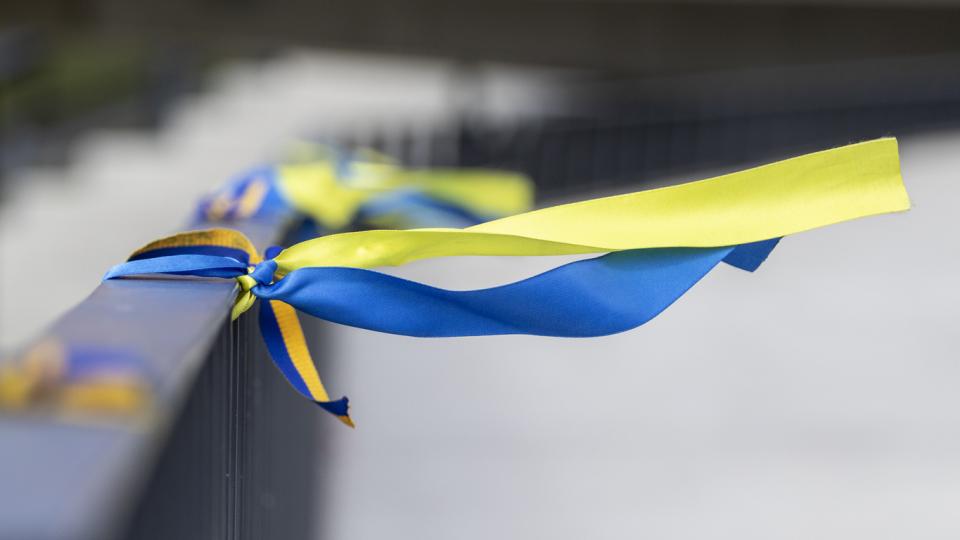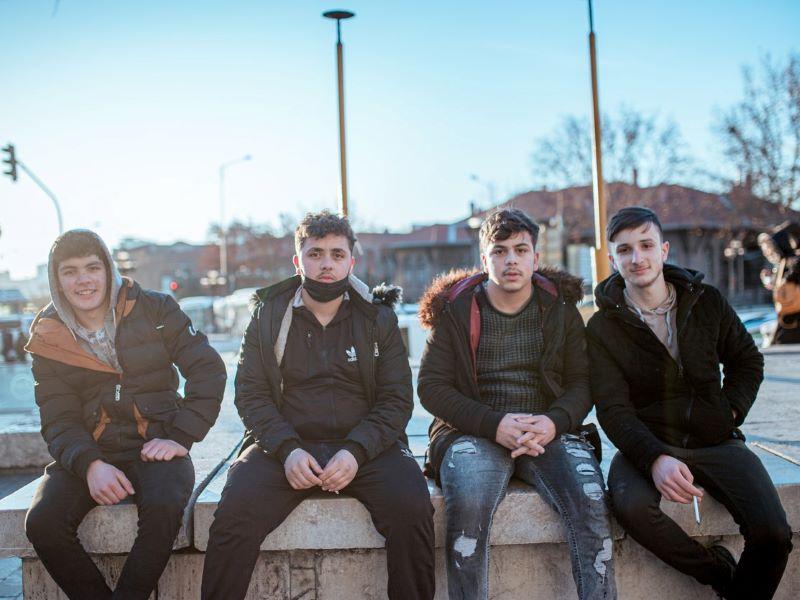Following Russia’s invasion of Ukraine, the coordinated action of groups like Science for Ukraine and the Council of At-Risk Academics (Cara) proved critical to ensuring the safety of scholars displaced by the war. The importance of such efforts cannot be overstated. At the same time, it is crucial to couple such efforts with support aimed at maintaining the integrity of the Ukrainian post-secondary system, both during the active conflict and beyond. This autumn, over 230,000 students took the national university entrance examination, conducted online for students inside and outside of Ukraine. Supporting these students, along with faculty and staff unwilling or unable to leave, is imperative.
Among the main challenges facing Ukrainian colleagues are enormous infrastructural losses, power outages, limited human resources due to staff displacement, and a lack of suitable bomb shelters – all of which severely disrupt basic teaching, research and administrative tasks. Support strategies must encompass both short-term solutions to ease the tremendous strain currently facing academics, staff and students, as well as long-term strategies to help sustain and rebuild the Ukrainian post-secondary sector.
We created the Twinning Initiative with this goal in mind. Twinning is an institution-to-institution collaboration framework initiated and coordinated by Cormack Consultancy Group with the support of Universities UK International. After registering to participate, international partner institutions are paired with a Ukrainian university of a similar educational profile, mission and size. The twinned institutions engage in a series of facilitated meetings to discuss the immediate and long-term needs and challenges faced by the Ukrainian peers. Together, they build a collaboration strategy based on their respective needs, resources and strengths.
One of the main lessons from the Twinning Initiative is the great potential of “like-to-like” aid and cooperation. Despite organisational differences from one system to another, universities understand each other’s basic functions, and are thus well positioned to provide targeted support in areas such as student support services, class delivery and research. We believe this approach can be extended to organise collective action in the tertiary education sector in future crises. Here are recommendations for twinning based on our experience.
Resist traditional understandings of “academic collaboration”. While twinning can include typical collaboration strategies, such as joint degrees and student exchange, its guiding principle is to support colleagues at times of unimaginable crisis. Considerations of institutional prestige, rankings and “the way things are done” cannot be the driving force behind participation in twinning. Students may need remote access to specialised coursework that their own institution is temporarily unable to provide; a medical school may need targeted technical expertise (eg, trauma surgery or mental health support services) to help their communities. It is essential to centre the needs and perspectives of distressed colleagues and approach the process flexibly, creatively and humbly.
Don’t discount the importance of non-material aid. If your institution is unable to offer direct financial support, the simple act of extending a thoughtful collaboration proposal based around shared expertise, or access to online coursework and library resources, can provide vital moral support at a time of crisis. Similarly, a relatively low-cost, high-impact type of support is offering professional development opportunities (eg, webinars and workshops) to help university staff lay the groundwork for a renewed tertiary education system with strong international connections beyond the crisis.
Coordination is key. System-wide twinning initiatives like that in Ukraine require intensive management, coordination and facilitation. In such cases, having dedicated staff managing these tasks can be the most efficient way of fostering successful partnerships. This facilitating role could be fulfilled or sponsored by an academic or professional association, consortia or other organisations with which the institutions have an existing connection. Two conditions are vital: releasing personnel from other duties to take on this coordinating role to help prevent work overload, and ensuring that the coordination team includes experts from the country or region in distress with a thorough understanding of its post-secondary system, sociocultural norms and language.
Couple immediate action with long-term perspective. In volatile environments it is crucial to keep one’s finger on the pulse of day-to-day developments and respond to challenges as they arise. The most efficient twinning partnerships follow a scaffolding approach – focusing on the most immediate support that the international partner can reasonably provide, while setting the stage for long-term, mutually beneficial collaboration. For example, research focused on rebuilding and renovating different aspects of Ukraine’s economy, education system, ecology and infrastructure will be critical. Such projects require mutual trust and an understanding of each institution’s strengths and capacity, which can be facilitated through work on other projects that are part of the twinning relationship.
Build cross-sectoral support networks. Twinning-participating institutions in Ukraine and abroad are not competing against each other. Rather, they are working for a common purpose, and in doing so building new networks and connections that otherwise may never have come to fruition. Significantly, this includes cross-sectoral collaborations with local communities, non-profit organisations, government agencies and the private sector. Many of the twinning activities, such as delivery of medical supplies, classroom furniture and computers, require logistical expertise beyond what universities can manage. Involvement from allies in the non-profit and private sector, including charities such as Jisc in the United Kingdom and the Ruscovan Association in Romania, have been instrumental in this regard. Moreover, engaging local governments and communities through cultural events, fundraising and other activities helps to spread word of the collaboration and keeps the distressed partner at the top of the public agenda.
We hope these recommendations help institutions looking to build sustainable, reciprocal relationships that go beyond traditional international academic collaboration, and that open the way for new forms of mutual aid in the post-secondary sector at times of crisis.
Charles Cormack is the founder and chairman and Blanca Torres-Olave is the director of research at Cormack Consultancy Group.




comment1
(No subject)